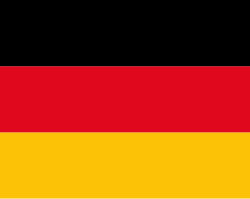Rwanda Set to Phase Out Harmful Refrigerant Gases Within Five Years
- brg_news_room
- Sep 15, 2025
- 1 min read

RWANDA: Officials have announced that the government is on track to phase out the use of hydrofluorocarbons (HFCs), pollutant gases widely used in refrigerators and air conditioners, within the next five years. The initiative is designed to protect the ozone layer and mitigate climate change, given that HFCs are among the most potent greenhouse gases, with warming potential hundreds to thousands of times greater than carbon dioxide. For context, one tonne of HFCs has the same warming impact as approximately 1,430 tonnes of CO₂.
The country has followed a phased reduction strategy, initially cutting HFCs by 10% in 2015, 35% in 2020, and targeting a 67.5% reduction by 2025, with complete elimination set for 2030. Imports of these substances have been gradually reduced, with traders allocated annual quotas to ensure compliance. Rwanda, for example, had already cut hydrochlorofluorocarbon (HCFC) imports by 54% by 2020 compared with 2010 levels.
Failure to phase out HFCs carries significant risks, including food shortages caused by ultraviolet radiation disrupting plant growth and crop yields, as well as biodiversity loss threatening both plants and wildlife. For humans, ozone depletion also brings serious health impacts, such as heightened risks of skin cancer, cataracts, lung diseases, weakened immune systems, and DNA damage.
These national efforts are aligned with the Kigali Amendment to the Montreal Protocol, which came into force in 2019. This global agreement seeks to cut emissions of powerful climate-warming gases by more than 80% over three decades, a step that could help limit global temperature rise by up to 0.5°C.
Source: Rwanda Government



